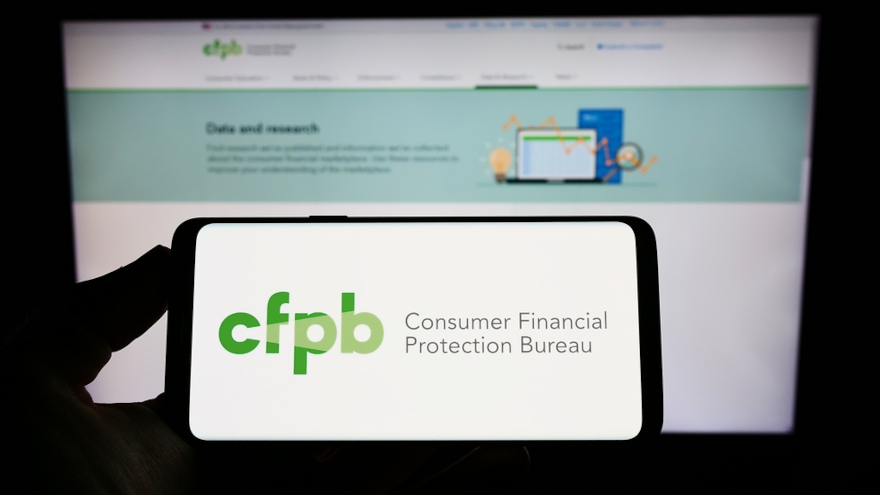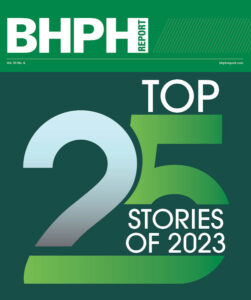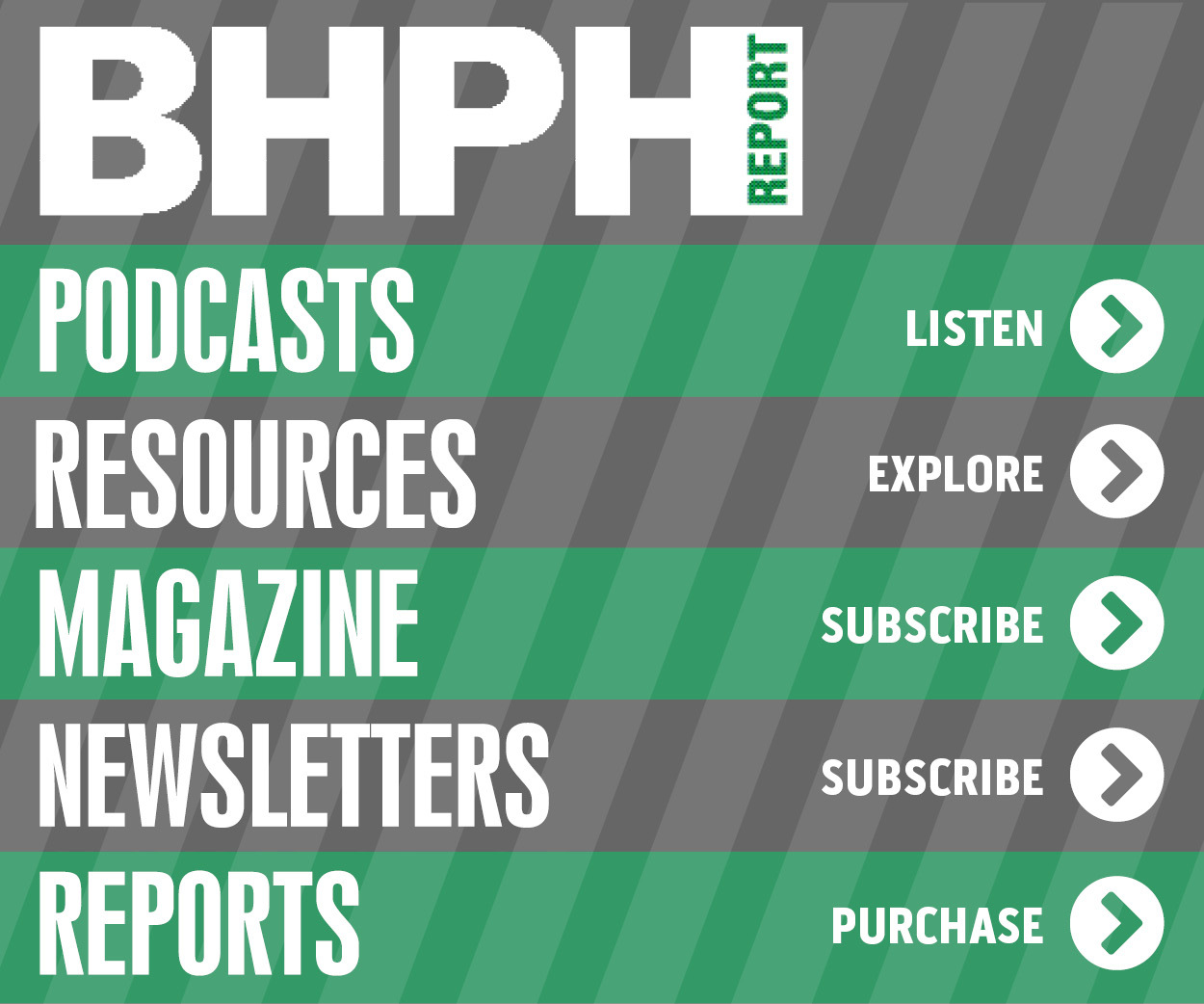CFPB files lawsuit against US Auto Sales servicer

Image by T. Schneider / Shutterstock.com
U.S. Auto Sales closed its 31 dealerships in the Southeast in April, but the buy-here, pay-here operation is now facing a lawsuit in federal court brought by the Consumer Financial Protection Bureau (CFPB).
On Wednesday, the CFPB filed a lawsuit against the BHPH company’s servicing division, USASF Servicing, for a host of “illegal practices that harmed individuals.”
According to a news release, the bureau said these practices include wrongfully disabling contract holders’ vehicles, improperly repossessing vehicles, double-billing customers for insurance premiums, and failing to return millions of dollars in refunds to consumers.
The CFPB is seeking to obtain redress for consumers and civil money penalties and stop any future violations.
Headquartered in Lawrenceville, Ga., the bureau recapped that USASF serviced installment contracts that originated by U.S. Auto Sales, which also offered both guaranteed asset protection and collateral-protection insurance.
In its lawsuit, the CFPB alleges that USASF:
Illegally disabled vehicles
Officials contend USASF incorrectly disabled vehicles at least 7,500 times with starter interrupters and caused these devices to play warning tones in vehicles more than 71,000 times during periods when the consumer was not in default or was in communication with USASF about upcoming payments.
USASF remotely disabled vehicles at least 1,500 times after explicitly promising consumers it would not do so, according to the CFPB.
Failed to refund premiums to consumers
The CFPB said USASF offered customers guaranteed asset protection, which covers some of the difference (or gap) between the outstanding balanced owed by the contract holder and what the car insurance will pay if the vehicle is stolen, damaged, or totaled.
When consumers paid off their contract early or USASF repossessed a vehicle and charged off an account, the CFPB said consumers were entitled to refunds of any guaranteed asset protection premiums paid in advance for periods where they would no longer have coverage.
Officials alleged USASF failed to obtain millions of dollars in refunds from the guaranteed asset protection administrator.
Double-billed consumers and misapplied payments
When customers were enrolled in collateral-protection coverage by a USASF affiliate, the CFPB said they were also charged for that same coverage by USASF.
Approximately 34,000 consumers were double-charged for the insurance each billing cycle, in some cases for over a year, costing consumers millions of dollars, according to the bureau.
The lawsuit also mentioned USASF also wrongfully applied consumers’ extra installment payments first to late fees or collateral-protection insurance instead of accrued interest. Officials explained this misapplication of payments caused consumers to pay more than $1 million in interest and fees that they would not have paid if USASF had correctly applied their payments.
Wrongfully repossessed vehicles
The CFPB said USASF illegally repossessed the vehicles of some customers who never qualified for repossession or had taken action to stop the repossession. In some instances, the bureau alleged that USASF sold the vehicles that it had wrongfully repossessed.
“The CFPB is suing USASF for a range of misconduct, including illegally activating devices that prevented borrowers from starting their cars,” CFPB director Rohit Chopra said in a news release. “Given the rising cost of cars during the pandemic and jump in auto loan debt across the country, the CFPB is working to root out illegal activity in this market.”

 View The Latest Edition
View The Latest Edition

